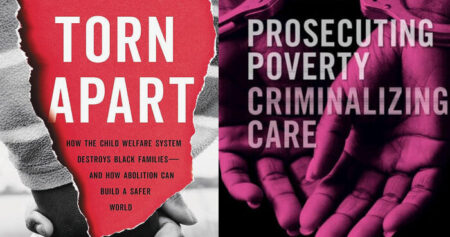
Cruel, But Not Unusual, Market Foundations
Private equity firms, cloaked under protective securities laws, have increasingly acquired companies that provide goods and services in U.S. jails and prisons. But it is the legal construction of prisoners’ rights that has enabled this market to take the particular form that it has, turning community ties into steady payment streams. In particular, Eighth Amendment jurisprudence, which has affirmed the constitutionality of pay-to-stay fees, has transformed the prohibition against cruel and unusual punishment into a (subordinating) right to credit.




